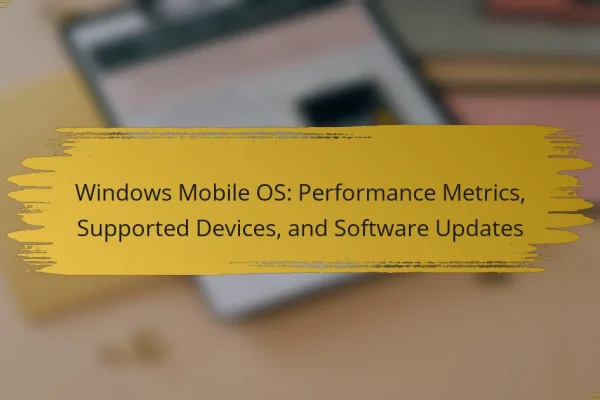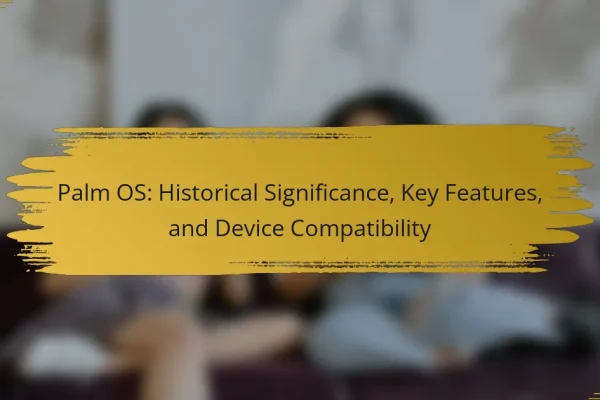
Sony Xperia Software Update: Camera Improvements, System Stability, and New Features
The Sony Xperia Software Update is designed to enhance the functionality and security of Sony Xperia devices. Key features of this update include improved camera capabilities, such as advanced photography modes like Night Mode and enhanced low-light performance, alongside increased system stability and optimization for smoother operation. Users also benefit from the latest security patches,…








